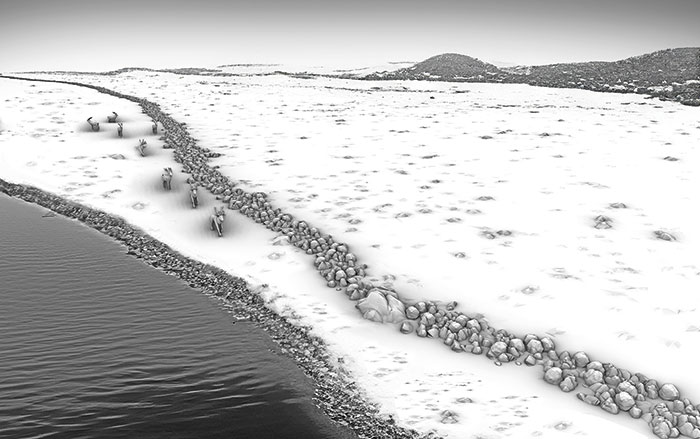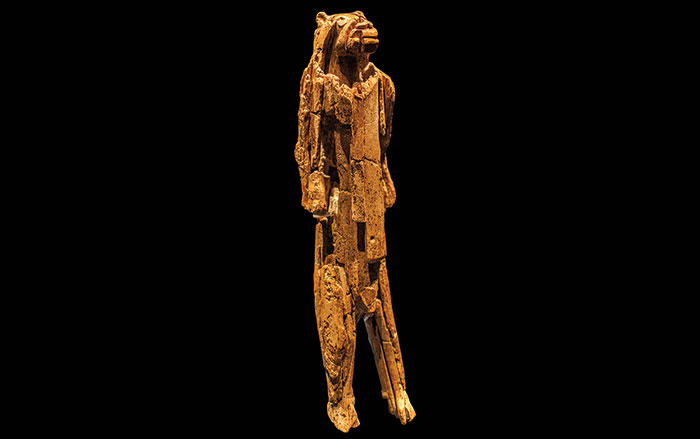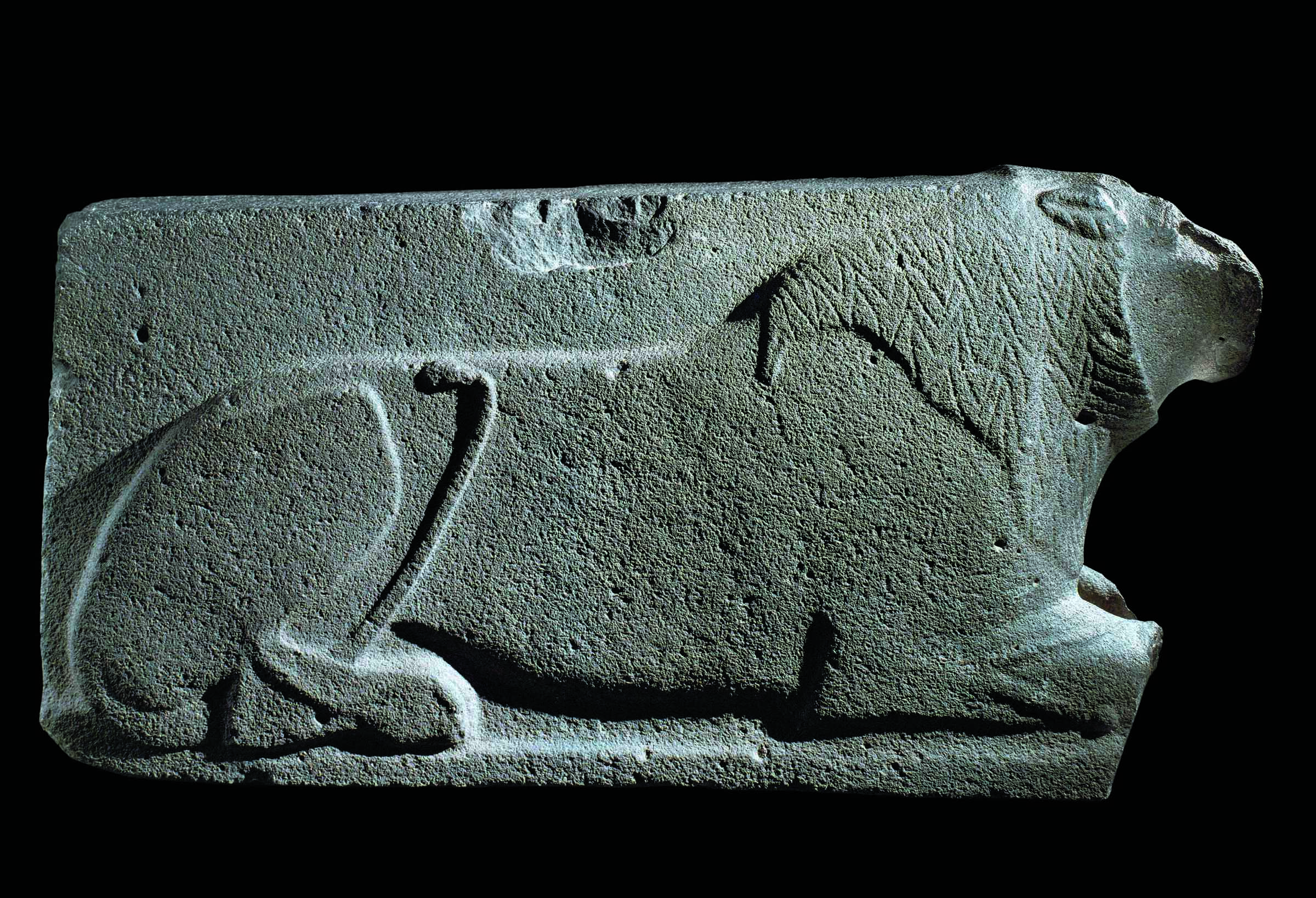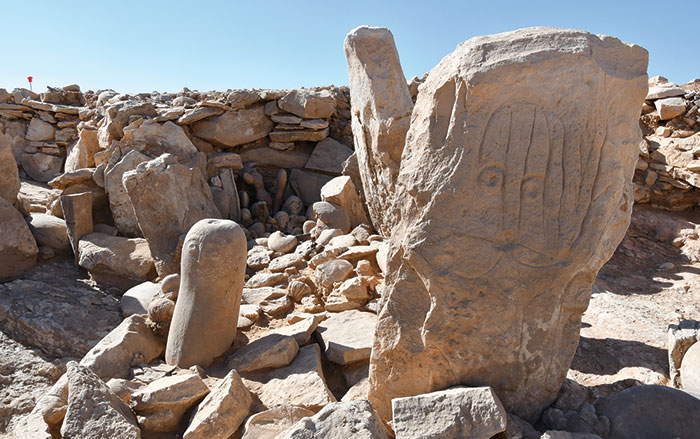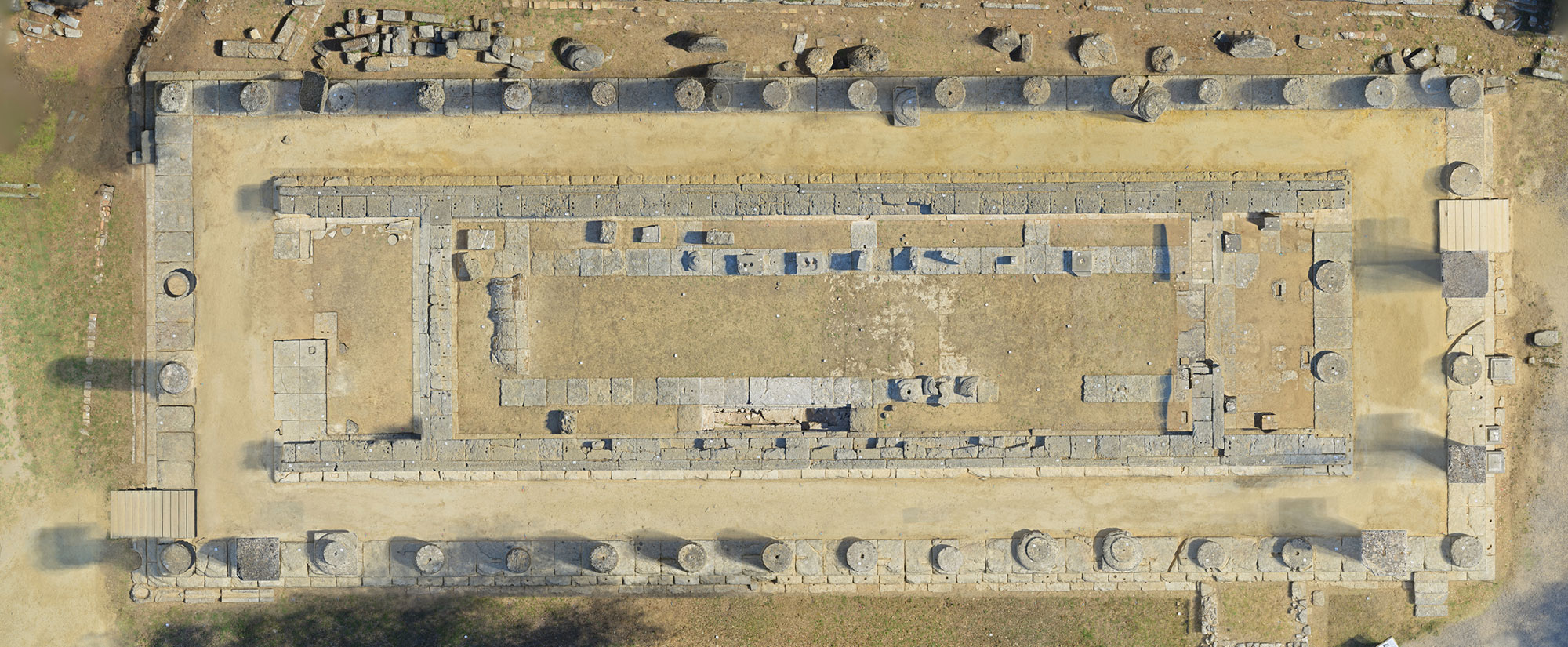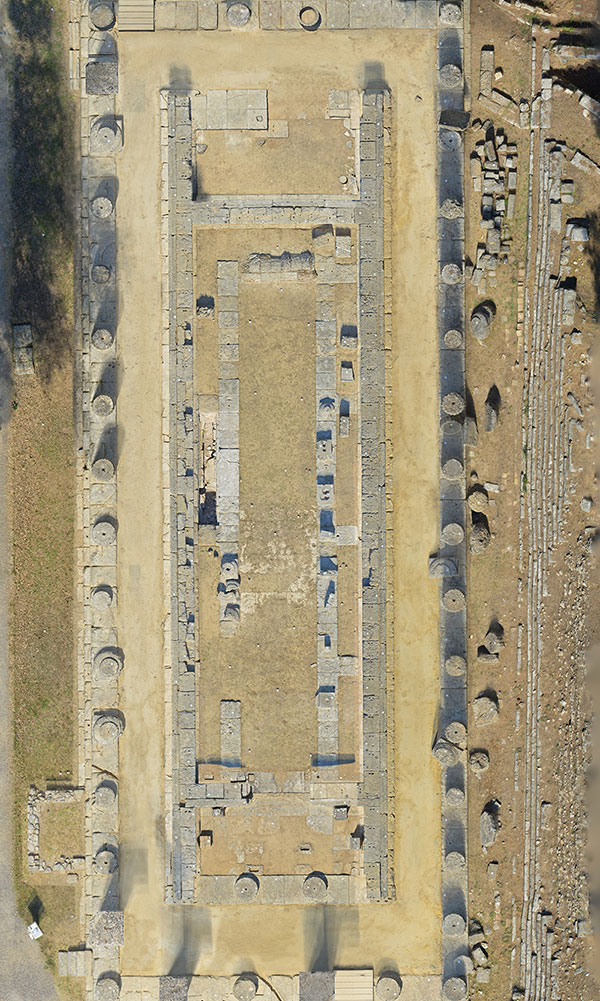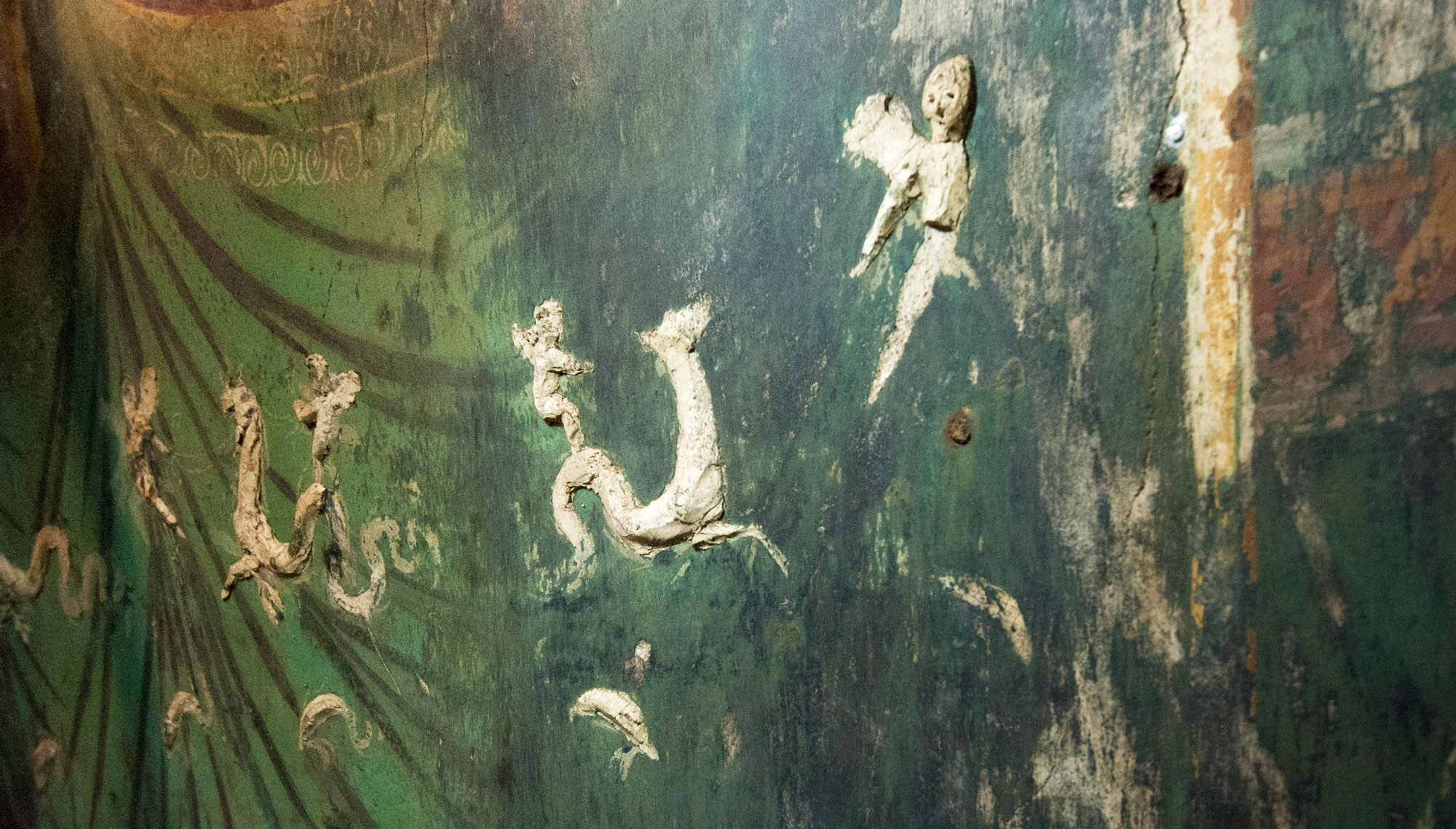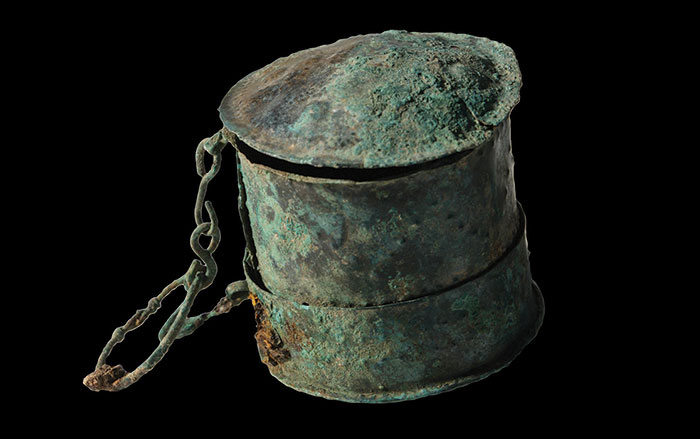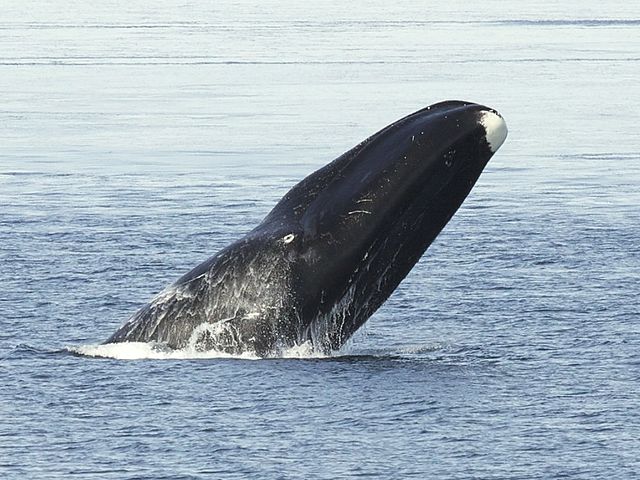
COPENHAGEN, DENMARK—The International Business Times reports that scientists from the University of Copenhagen tested sediments at archaeological sites in Greenland dating back 4,000 years for DNA clues to what the island's first inhabitants ate. The study suggests that bowhead whales and other large mammals made up much of the diet of the Saqqaq culture. But whale bones have not been found at Saqqaq archaeological sites, probably because pieces of meat and blubber, rather than the entire carcass of the animal, were transported from the shore to the settlement. It had been previously thought that the people of the Thule culture were the first to hunt and eat whales between 600 and 800 years ago. For more on on archaeology in the area, go to “Letter from Norway: The Big Melt.”


